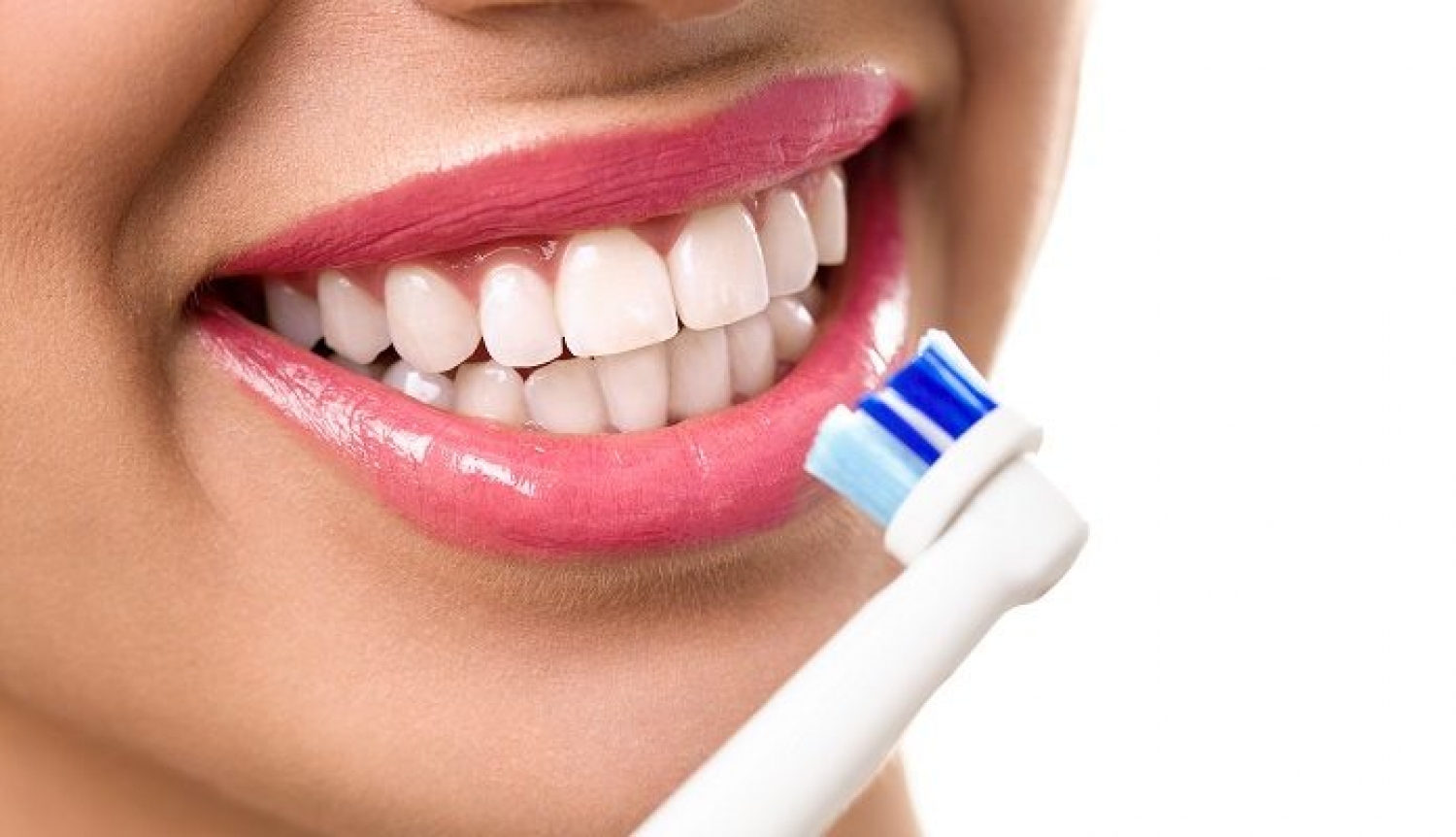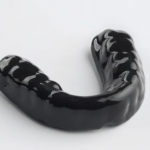Top tips on brushing your teeth

We all grow plaque in our mouth. Plaque is a sticky substance mostly made up of germs. The germs feed on the food we eat and multiply rapidly.
It's important to remove this plaque properly twice a day to prevent infection, gum disease, tooth decay and general health problems from taking hold.
![]() Scroll down to watch the video below.
Scroll down to watch the video below.
Is it possible to brush inadequately?
Yes, you can brush too infrequently, for too short a time or be distracted and miss entire areas of the mouth leaving yourself vulnerable to infections and cavities.
Can I over brush?
Yes, you can brush too hard. This is a common mistake and it wears away tooth enamel and recedes gums permanently making teeth very sensitive. This can be prevented by brushing very thoroughly but also gently with a soft brush (medium and hard brushes are too hard) or an electric one (even better if it has a gentle or sensitive setting or has a sensitive brush head available for purchase). It is advisable to brush your teeth twice a day. Once a day isn't enough but multiple times a day may cause excessive enamel wear and tear. If you would like to freshen up between brushing sessions try a bit of mouth rinse.
7 Important things we wished you knew:
We want you to brush really thoroughly. Mistakes patients make regularly in this regard are:
1. Being distracted while brushing e.g checking your cell phone or multitasking while brushing.
2. Not brushing for long enough.
3. Using a brush with a big head (a smaller brush head is better as it gets further back to the hard to reach places especially if you have wisdom teeth).
4. If your eyesight is poor and it is difficult to see without glasses please wear your glasses while flossing and brushing- this can make all the difference!
5. If your teeth feel "furry" after brushing there is plaque that you have missed. To make it easier to see and remove, rinse with a little food colouring and then a bit of water. When you smile you will see the plaque is now stained the colour of the food colouring which makes it easier to attend to.
6. Remember to change your manual brush or electric brush head every 4 months. A worn-down brush does not do a good enough job.
7. If your gums bleed when brushing it's very important to continue brushing there in spite of the bleeding (right where the gum line meets the tooth) in order to keep the area germ free so that your gums can heal.
We would love for you to watch this informative brushing demonstration kindly provided by Colgate to ensure that you get the best out of your time spent brushing!




